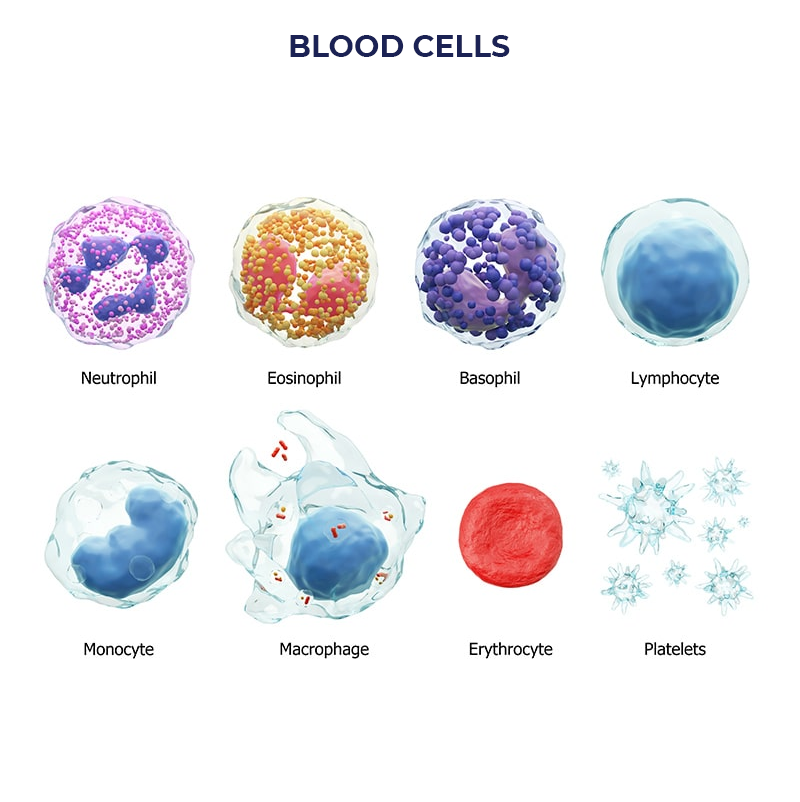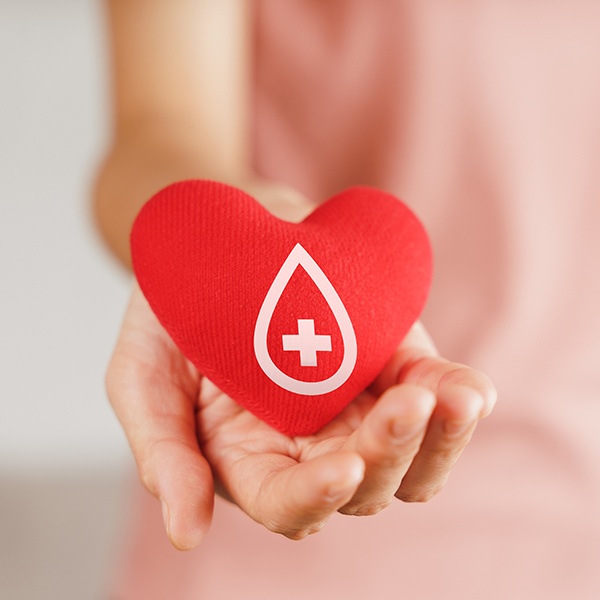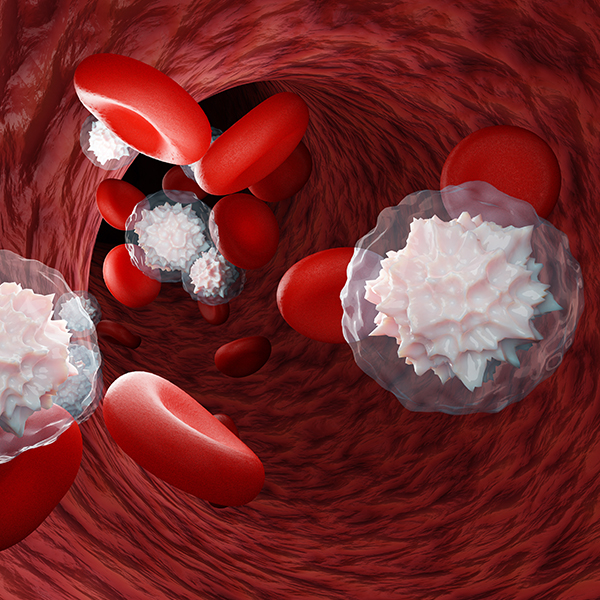Hematology is the medical branch that concerns prevention, treatment, prognosis and causes of conditions related to blood. This involves treatment of diseases affecting blood production and its components like coagulation mechanism, spleen, blood vessels, platelets, bone marrow, blood proteins, hemoglobin and blood cells. Blood sample analysis is mostly performed by medical laboratory scientists or medical technologists.
Hematologists are doctors specialized in dealing with blood-related conditions. Several medical conditions affect blood resulting in other conditions. Hematologists will perform clinical tests to diagnose and treat those conditions. There are doctors who are trained in both oncology and hematology.



Common disorders of blood are blood cancers like myeloma, lymphoma and leukemia, bleeding disorders like blood clots and hemophilia and anemia.
If you have high hemoglobin levels then certain symptoms including easy bruising, fatigue and dizziness are more likely to be experienced. You must seek urgent medical care.
Visit and consult a Hematologist if you are suffering from any blood-related diseases.